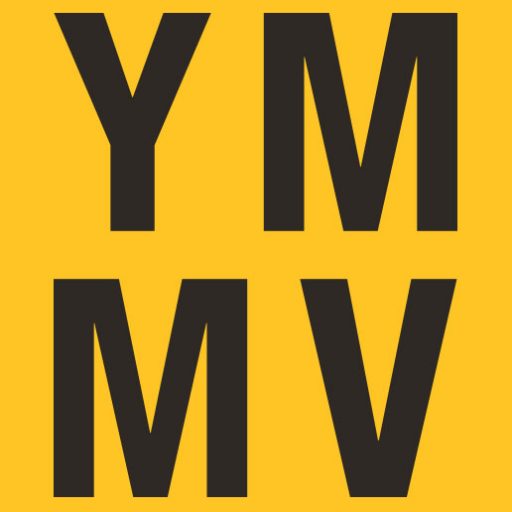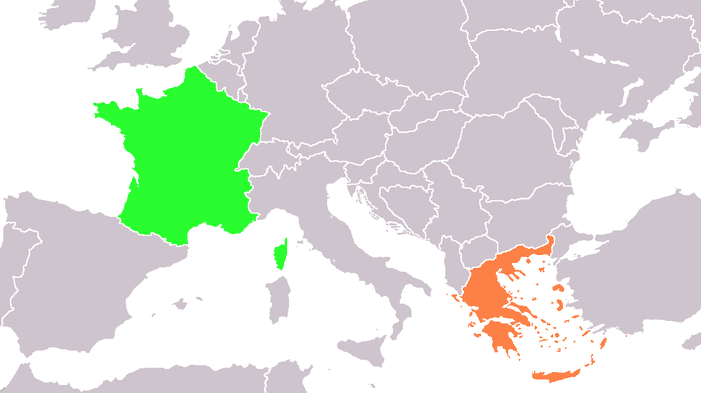After 14 months of border closures, Greece opened its doors to international travelers – including those from the U.S., – on April 19th.
Early on in the Mediterranean country’s reopening, travel was decidedly difficult. As of April 19th, the country was still on a nationwide lockdown, nightly curfews continued and there was still a ban between different regions of the country.
Marci-Beth Maple, marketing manager at a travel agency specializing in Greece, was quoted in AFAR as saying, “While American travelers are welcome now, we recommend booking for June or July.”
However over time, restrictions eased. By early July, cafes, bars and restaurants were open, as were museums and shops. Ferries were running between islands. The curfew had been pushed back to 1:30 am, meaning travelers could enjoy a good portion of what Greece typically had to offer. That is if they provided either a negative PCR test within 72 hours before travel, proof of infection within the past 2-9 months, or proof they’ve been fully vaccinated (Pfizer BioNTech, Moderna, AstraZeneca, Novovax, Johnson + Johnson, Sinovac, Sputnik, Cansino and Sinopharm were all acceptable), and completed their cycle at least 14 days earlier.
Unfortunately, a lot of that has now changed.
Effective July 16th, to access indoor venues such as restaurants, cafes, bars, cinemas, theaters and nightclubs, patrons (local and travelers alike) must show proof of vaccination or evidence of recent recovery from COVID-19. Those who are unvaccinated will not be allowed to enter, except for children, who can enter with a negative test.
Outdoor clubs and music venues in Greece will also be affected by the new rule – they’re only accessible to those who are fully vaccinated or recently recovered (there’s also a capacity cap of 85% and customers are not allowed to stand in the venues).
According to the Associated Press, France has also announced new rules, effective July 21st. They will have mandatory COVID-19 passes for access to restaurants, bars, shopping malls and many tourist spots, as well as trains and planes. The passes are available to anyone who is fully vaccinated, recently recovered or who has a recent negative test.
The reasoning for both countries’ new rules is twofold. The Delta variant is sweeping across Europe, with surges in numbers of both countries (about 47% of France’s population has been vaccinated and less than 40% of Greece’s citizens have been). Limiting access to enclosed and crowded places will be safer for those who visit. However, having those limitations is also a potential incentive for locals to get vaccinated (and perhaps tourists to get their shots before they visit either country).
Feature Photo: El Spartan/El Greco – Wikipedia
Want to comment on this post? Great! Read this first to help ensure it gets approved.
Like this post? Please share it! We have plenty more just like it and would love it if you decided to hang around and get emailed notifications of when we post. Or maybe you’d like to join our Facebook group – we have 23,000+ members and we talk and ask questions about travel (including Disney parks), creative ways to earn frequent flyer miles and hotel points, how to save money on or for your trips, get access to travel articles you may not see otherwise, etc. Whether you’ve read our posts before or this is the first time you’re stopping by, we’re really glad you’re here and hope you come back to visit again!
This post first appeared on Your Mileage May Vary
Join our mailing list to receive the latest news and updates from our team.

